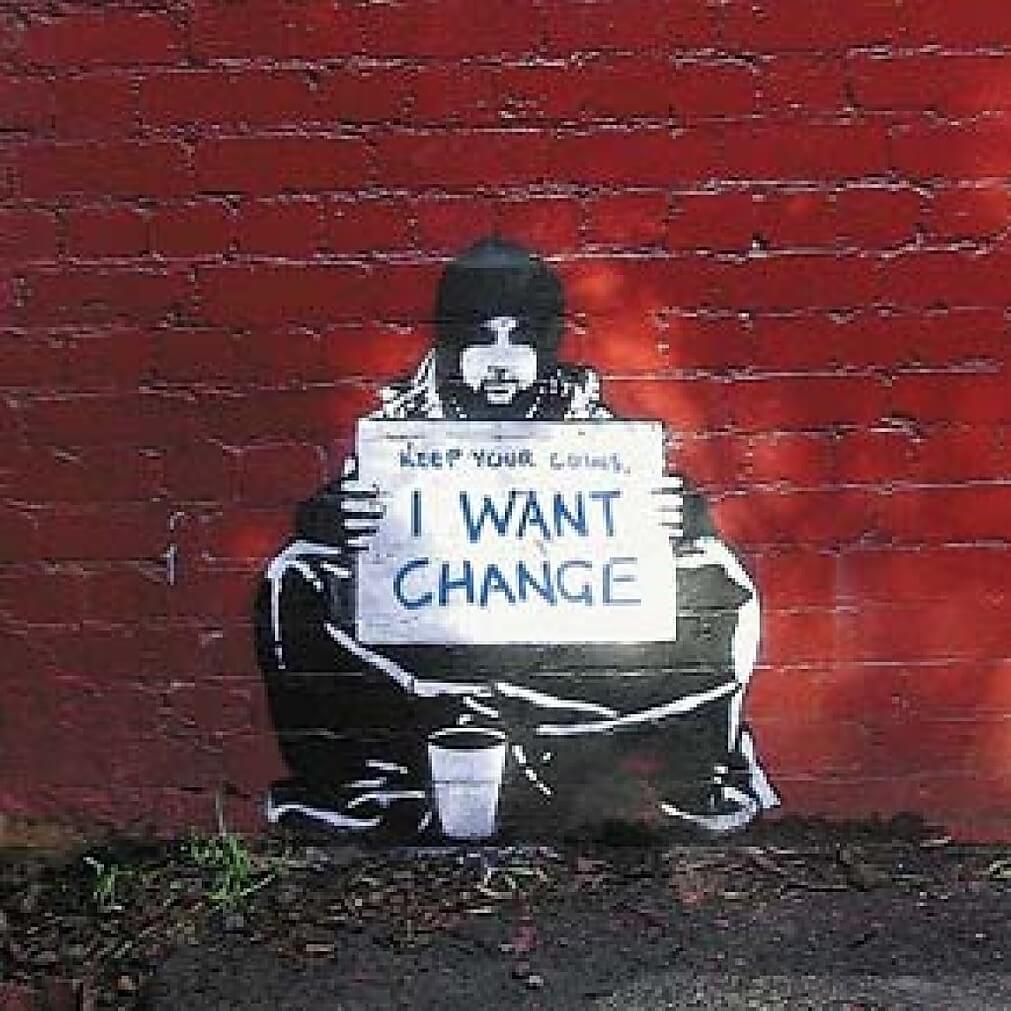
Graffiti. The word itself conjures up images of vibrant murals, cryptic tags, and bold statements splashed across urban landscapes. But what exactly is the meaning of graffiti? Is it art, vandalism, or a powerful form of social commentary? The answer, as with most forms of expression, is complex and multifaceted. Graffiti's meaning is subjective and constantly evolving, shifting with the context, the artist's intent, and the viewer's interpretation. This article delves into the intricate world of graffiti, exploring its history, cultural impact, and the ongoing debate surrounding its place in society.
Graffiti, at its core, is a form of visual communication using unauthorized markings, typically involving paint or other materials, on public or private property. While often associated with vandalism, graffiti can also be a powerful form of artistic expression, social commentary, or even a marker of territorial boundaries. Understanding the meaning behind graffiti requires examining the diverse motivations driving its creation, the historical context in which it emerges, and the often-conflicting perspectives it elicits.
The history of graffiti can be traced back to ancient civilizations, with examples found in the ruins of Pompeii and ancient Rome. These early forms of graffiti often took the form of inscriptions, slogans, and political messages. In the modern era, graffiti emerged as a form of urban expression, particularly in the 1960s and 70s in cities like New York and Philadelphia. It became intertwined with hip-hop culture, serving as a visual counterpart to the music and dance that were defining a generation. From simple tags to elaborate murals, graffiti became a way for marginalized communities to claim public space, express their identities, and challenge established norms.
One of the key challenges in interpreting graffiti lies in its inherent ambiguity. The meaning of a particular piece can vary dramatically depending on the cultural context, the artist's background, and the viewer's perspective. What one person perceives as an act of vandalism, another might see as a vibrant work of art or a powerful political statement. This ambiguity is part of what makes graffiti so compelling, sparking dialogue and challenging conventional notions of art and public space.
Understanding graffiti also requires acknowledging the controversies that surround it. The illegality of much graffiti fuels debates about public property, freedom of expression, and the role of art in society. While some argue that graffiti is a blight on urban landscapes, others celebrate its ability to transform mundane spaces into vibrant canvases for artistic expression. This tension between vandalism and art is central to the ongoing conversation surrounding graffiti's meaning and its place in the urban environment.
The benefits of graffiti, when viewed as an art form, include community building, urban beautification, and the promotion of social dialogue. Murals can transform neglected spaces into vibrant public art galleries, fostering a sense of community pride and ownership. Graffiti can also serve as a powerful platform for social and political commentary, raising awareness about important issues and sparking public conversations.
Street artists often employ symbolism, metaphors, and wordplay to convey complex messages. For example, the use of vibrant colors might symbolize hope and resilience, while a recurring image of a bird might represent freedom or escape. Interpreting these symbolic elements requires understanding the specific cultural context and the artist's intended message.
Advantages and Disadvantages of Graffiti
| Advantages | Disadvantages |
|---|---|
| Artistic Expression | Vandalism and Property Damage |
| Community Beautification | Visual Pollution |
| Social Commentary | Association with Gang Activity |
Best Practices for Commissioned Murals:
1. Secure necessary permissions.
2. Collaborate with the community.
3. Use high-quality materials.
4. Consider the surrounding environment.
5. Document the process.
Real-world Examples:
1. Banksy's satirical street art.
2. The murals of Wynwood Walls in Miami.
3. Political graffiti in protest movements.
4. Community-based mural projects.
5. Graffiti as a form of memorialization.
Frequently Asked Questions:
1. Is all graffiti illegal? (Answer: Generally, yes, unless permission is obtained.)
2. What is the difference between graffiti and street art? (Answer: Often used interchangeably, street art generally implies permission while graffiti does not.)
3. How can I learn more about graffiti? (Answer: Visit museums, galleries, and online resources dedicated to street art.)
4. Is graffiti always political? (Answer: No, it can express a wide range of themes and messages.)
5. What are some famous graffiti artists? (Answer: Banksy, Shepard Fairey, Os Gemeos.)
6. What materials are used for graffiti? (Answer: Spray paint, stencils, markers, brushes.)
7. How is graffiti removed? (Answer: Sandblasting, chemical removal, painting over.)
8. Can graffiti be considered art? (Answer: It depends on individual interpretation and the context.)
Tips and tricks for understanding graffiti: Research the history of graffiti in your area, visit local galleries or museums showcasing street art, and engage with online communities dedicated to graffiti art. By actively seeking out different perspectives and interpretations, you can gain a deeper appreciation for the complex meaning and cultural significance of graffiti.
In conclusion, the meaning of graffiti is a complex and ever-evolving tapestry woven from artistic expression, social commentary, and cultural identity. From its ancient roots to its modern manifestations in urban landscapes worldwide, graffiti continues to challenge conventional notions of art, public space, and the power of visual communication. By understanding its history, exploring its diverse forms, and engaging with the ongoing dialogue surrounding its place in society, we can appreciate the multifaceted nature of graffiti and its profound impact on our cultural landscape. It's important to remember that while the legality and social acceptance of graffiti remain contested, its ability to spark conversations, challenge norms, and transform urban spaces makes it a powerful and enduring form of expression. Embrace the opportunity to explore the world of graffiti and discover the unique stories it has to tell. Learn more by visiting your local museums, galleries, and online resources showcasing the vibrant and ever-evolving art of graffiti.
Unlocking medicare fee for service your guide to healthcare choices
Understanding the bachelors degree sarjana muda
Dive into vis croatia exploring the adriatics underwater wonders













